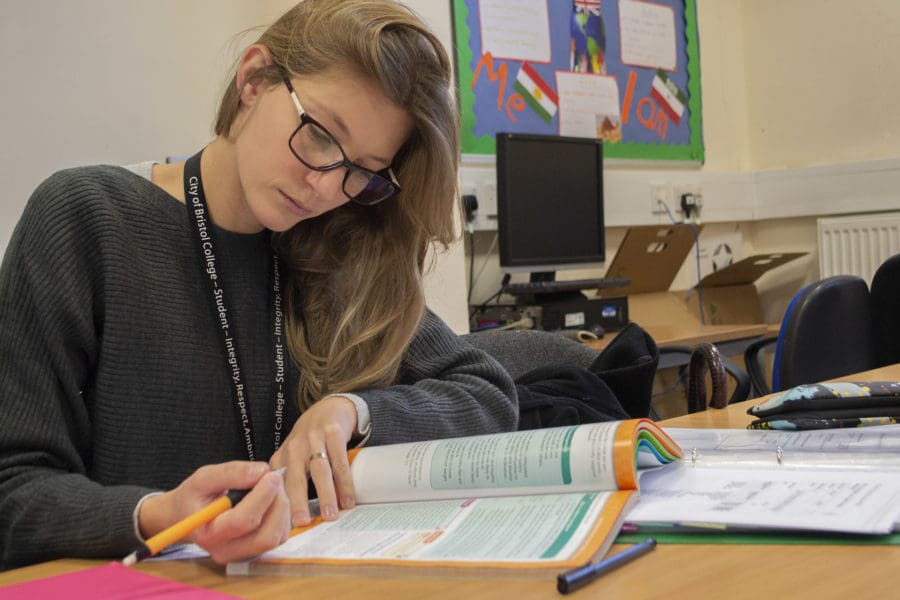Course overview
Early Years Foundation Degree ÎÛÎÛÂþ»This two-year Early Years Foundation Degree is run at ÎÛÎÛÂþ», in partnership with .
This exciting, work-based programme is proven to raise the quality of practice in early years settings. It will empower you to transform your practice through reflection and research.
If you studied your Level 3 course with us, you could be eligible for our Higher Education Progression Bursary. You can find out more about our financial support options or download the HE progression bursary application form.
Institution name: BCBC
Institution code: B77
Course code: X310
Campus code: B
Short code: FdA/EY
Additional information
Who is this course for?
The course is aimed at individuals who are currently working in the early years sector, reception, KS1 and childminding who wish to gain a Level 5 qualification.Ìý
What you'll learn
By the end of the course, you will have demonstrated the knowledge, skills and attitudes relevant to good early years practice, and you will have understood the theory underpinning early years education and care in different settings. The course consists of twelve modules and may cover topics such as:Ìý
- ChildhoodÌý
- Children’s RightsÌý
- Social PolicyÌý
- SafeguardingÌýÌý
- Children’s Holistic HealthÌý
- Positionality, Inclusion and DiversityÌý
- Child DevelopmentÌý
- Observation and AssessmentÌý
- CreativityÌý
- Reflective PracticeÌý
- ResearchÌý
- Working with FamiliesÌý
Course entry requirements
Students usually need one or more of the following:Ìý
- Level 3 qualification in a relevant disciplineÌý
- Experience working in the early years sectorÌý
- Current employment or volunteering within the early years foundation stage or KS1 for at least two days per weekÌý
- Written support from your workplace offering a mentor and/or day release is essentialÌý
- DBS clearance
You may require an informal interview for this course.Ìý
How is the course delivered and assessed?
This Foundation Degree is a full-time,ÌýHigher Education qualification, taught over one day a week at ourÌýAshley Down Centre.Ìý
ÌýYou will spend eight hours per week in college and a minimum of two days per week in the workplace.Ìý
You will be assessed through:Ìý
- EssaysÌý
- PortfoliosÌý
- PresentationsÌý
- WorkbooksÌý
- Case StudiesÌý
- Reflective JournalsÌý
Future career and study opportunities
After the course, you could:Ìý
- Apply to studyÌýBA (Hons) Early Childhood Studies Top-Up Year at ÎÛÎÛÂþ» or another relevant degree.Ìý After which you can apply for teacher training or early years teacher statusÌý
- Progress within the sector or an alternative career path
Additional costs
As a ÎÛÎÛÂþ» student, you may incur additional costs to attend your course. For example, it is likely you may need to pay for travel and stationery.Ìý
Many courses offer learning opportunities that you may need to pay for. This may include things like study visits and visiting speakers. We will let you know in advance if there will be additional costs.
Find out more about financial support available to you.
-
For guidance on which career path to take, to explore career options related to our courses, find out which careers are in demand, and then get the training you need.




